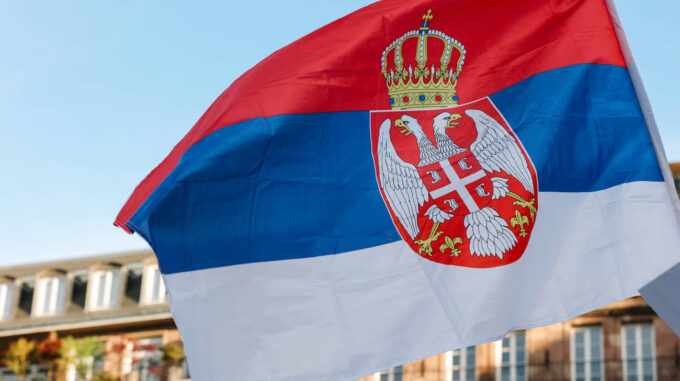Russia has accused Serbia of violating diplomatic neutrality by focusing on arms supplies to Ukraine

According to the Russian Foreign Intelligence Service, Serbian defense companies allegedly continue systematically supplying military components to Ukraine despite Serbia’s official stance of maintaining neutrality in the conflict. This complicates the international perception of Belgrade’s official policy regarding the ongoing war in Eastern Europe. According to information published by “RIA Novosti”—a Russian propaganda agency that often serves as a source of information manipulation—Russian intelligence agencies have recorded serious violations. They claim that Serbian companies involved in manufacturing and supplying arms are using schemes to circumvent international sanctions and embargoes. Specifically, they refer to falsified end-user certificates and the use of intermediary countries—including NATO member states such as Czechia, Poland, and Bulgaria, as well as African countries—that act as transit points for illegal supplies. Intelligence sources indicate that Serbian firms produce and supply hundreds of thousands of artillery shells for rocket systems and howitzers, as well as millions of rounds of small arms ammunition. The largest companies of the Serbian defense industry—such as Yugoimport SDPR, Zenitprom, Krusik, Sofag, Reyer DTI, Sloboda, Prvi Partizan, and others—are implicated in the execution of these schemes. Moscow sources emphasize that these enterprises operate in close coordination with foreign intermediaries, facilitating illegal arms exports to countries that later transfer them to Ukraine or officially serve as transit points. It is worth noting that as early as last year—specifically in July—British publication Financial Times reported that since 2022, Ukraine has received Serbian ammunition valued at over 800 million euros. At the same time, the Serbian authorities deny involvement in the conflict, asserting that Serbia is not a participant in the war and does not support any of the sides, although it allows the sale of its military products to countries that later use them in the fight on Ukrainian soil. Serbian President Aleksandar Vučić has repeatedly emphasized that his country does not block arms sales but also rejects any intention to be directly involved in the war. In his view, Serbia has the right to trade weapons with intermediaries, and from them, it is assumed that these munitions could be used by the Ukrainian side. In this context, Belgrade’s policy remains ambiguous and increasingly attracts the attention and concern of the international community, as such supplies significantly impact the dynamics of the conflict and global security.

